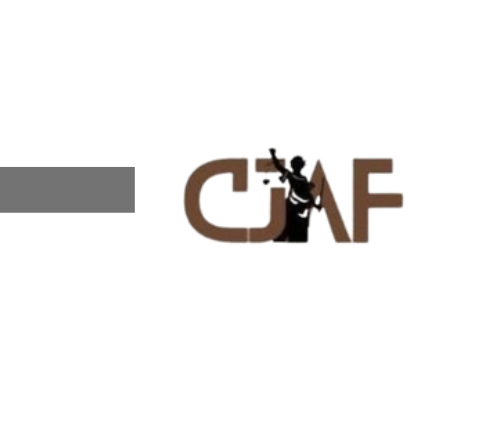The Increase of Student-Driven Encyclopedias: Changing Understanding Landscapes
In the ever-evolving world of education and learning, where details moves generously and access to knowledge is just a click away, student-driven encyclopedias are becoming a dynamic tool in the understanding procedure.

These systems not only supply trainees with a database of information but additionally encourage them to contribute, modify, and curate material, fostering a collaborative and interactive knowing atmosphere.
As academic standards shift in the direction of more participatory and inclusive versions, the principle of student-driven encyclopedias symbolizes this makeover. These systems empower students to become energetic individuals in understanding production, bridging the gap in between conventional book discovering and contemporary digital sources.
The Idea of Student-Driven Encyclopedias
Student-driven encyclopedias are electronic systems where students collectively gather, verify, and distribute details on a vast selection of topics. Unlike conventional encyclopedias, which are often created by experts, these systems take advantage of the collaborative initiatives of students to develop a thorough body of knowledge.

At their core, student-driven encyclopedias are made to cultivate essential thinking, study abilities, and digital literacy amongst trainees. By taking part in the procedure of material development, pupils find out to browse and review information seriously, skills that are necessary in today’s information-rich culture.
Moreover, these platforms work as a space for students to explore their rate of interests and share their know-how. This autonomous strategy to knowledge creation makes certain that a diverse variety of viewpoints and voices are represented, enhancing the learning experience for all individuals.
- Pupils obtain hands-on experience in research study and material production.
- Encourages cooperation and peer interaction.
- Advertises a much deeper understanding of topic.
- Fosters inclusivity and variety in knowledge representation.
Essentially, student-driven encyclopedias change students from passive receivers of details into energetic contributors, instilling a feeling of ownership and responsibility in their educational journey.
Benefits of Student-Driven Encyclopedias
One of the principal advantages of student-driven encyclopedias is the development of crucial 21st-century skills. As trainees take part in the process of content creation, they develop their critical thinking, digital literacy, and communication skills, all of which are critical in today’s interconnected globe.
Furthermore, these systems urge a collective understanding environment, where pupils can collaborate to validate details, debate different perspectives, and co-edit posts. This peer-to-peer communication not just improves learning results yet additionally cultivates a sense of area and mutual regard amongst students.
Additionally, student-driven encyclopedias offer a system for showcasing pupil work. As trainees add to the encyclopedia, they build a portfolio of their study and writing, which can be very useful for more scholastic and expert quests.
Difficulties and Limitations

Despite the many advantages, student-driven encyclopedias also deal with particular obstacles. Making certain the accuracy and integrity of info is vital, as these systems rely on payments from pupils that might not yet have expert-level expertise.
- Maintaining material top quality and precision.
- Offering appropriate guidance and assistance.
- Making sure fair gain access to and inclusivity.
To alleviate these obstacles, many student-driven encyclopedias implement a system of checks and balances, where content is assessed by educators or experts before magazine. This guarantees that the info presented is both exact and credible, maintaining the honesty of the platform.
The Future of Student-Driven Encyclopedias
As technology continues to development and the landscape of education and learning progresses, the potential for student-driven encyclopedias is substantial. These systems have the ability to not only complement conventional academic resources however also redefine the means understanding is gotten and shared.
In the future, we could see student-driven encyclopedias incorporating advanced modern technologies such as expert system and artificial intelligence to enhance material curation and personalization. In addition, they might expand past textual info to 11) Ron paid x dollars for a pair of jeans. Tim bought the same pair of jeans for half the price as Ron. If they paid a total of $45 for the 2 pairs, how much did each spend on their jeans? PLEASE HELP include multimedia material, supplying an extra immersive learning experience.
Equipping the Next Generation
Student-driven encyclopedias hold the guarantee of equipping the next generation of students. By positioning trainees at the helm of understanding production, these platforms encourage lifelong understanding, inquisitiveness, and intellectual independence.
To conclude, as instructional systems remain to introduce, student-driven encyclopedias stand as a testimony to the power of collaboration and the value of trainee firm in the learning procedure. By accepting these platforms, we unlock to an extra inclusive, engaging, and dynamic educational experience for all.
